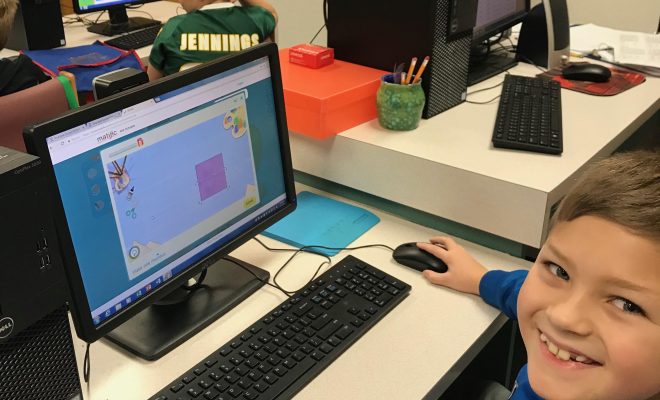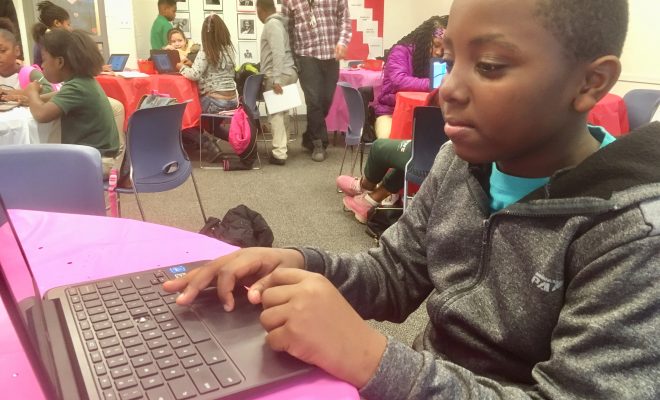What’s the Secret to High PISA Test Scores? Top ranking BASIS Schools Say its Teachers

Author: Dr. Q. Mark Reford
Dr. Q. Mark Reford was born in Ireland. He was educated at Oxford and taught there, as well as Sidwell Friends School in Washington, DC. He is CEO of BASIS Independent Schools (http://www.basisindependent.com/), and is currently opening two new private schools this fall in Silicon Valley and New York City.
There is a war in American education. The nation is deeply polarized: charter supporters vs. traditional public school supporters; standardized testing supporters, and parents who find them a scathing and useless routine. And then, there’s PISA.
PISA, the Program for International Student Assessment, is a triennial test given around the world to 15 year olds in 60 countries. The OECD uses PISA to rate countries’ school systems. It doesn’t just test rote knowledge, but critical thinking as well. To be frank, PISA makes the US look like educational paupers. According to the OECD, American students are falling behind the rest of the world in math, science and reading. Even when US students make gains, they do not keep up with the gains made by others in Finland and Shanghai China and Korea and Poland.
And now with the most recent results released last month and being distributed to schools up through July, administrators at US schools that volunteered to take the OECD test are in a rare state of agita waiting for yet another ranking about which to brag or explain away. The scary aspect about PISA is that it precisely measures the deeper learning and problem solving skills that all agree are needed by students to thrive in their future lives and careers.
PISA is now used by many nations as a benchmark to help them improve their education systems. It has not had that effect in the US. Our poor showings have been absorbed into our parochial arguments pitting testing against deep learning; creativity against rote learning; or project-based learning against traditional cumulative exams.
With such recent attention as Amanda Ripley’s “Smartest Kids in the World,” the academic rankings of PISA are beginning to gain attention. There is another attribute to the test that is more obscure… and all the more crucial: student satisfaction with their teachers and how those teachers help them learn and grow in confidence.
What a surprise that asking students about their own learning could help us see how we might improve our schools!
Look at that data and the countries that do well on the academic side of PISA begin to slip in student satisfaction – South Korea and Finland, for example. Plot student satisfaction against student academic achievement and you have a fascinating picture – not just more data to argue about – but a road map to improving learning for all students.
The American family of BASIS Schools, as reflected in Ripley’s book, have been participants in PISA since first eligible, and achieved scores described as “stratospheric.” In PISA, they ranked academically with the very best in the world. And in other arenas as well: BASIS students perform brilliantly on content rich Advanced Placement tests – a BASIS student was one of 11 students in the world who made a perfect score on the AP Calculus-BC exam last year – when he was in 9th grade.
How do BASIS schools beat the best in the world – in particular, how do American students at BASIS defy all the stereotypes?
It turns out that what matters is the quality of the teacher in the classroom. We know that student academic achievement is driven by our teachers. But how? Is it just all work, all homework, the return of Grad grind to the faculty lounge?
No – what PISA shows and BASIS demonstrates is that the best education in the world is grounded in excitement, and inspiration and curiosity and what Yeats called the “fascination of what’s difficult.”
BASIS Schools recruit only teachers who are expert in their field, who have a passion to pass on their love of economics (or logic or physics or music) to another generation, and who like children. According to BASIS.ed founder Michael Block, the “secret sauce” of BASIS is the teacher who loves to teach.
PISA can help us re-calibrate the arid shouting matches of our parochial American conversation about education. It tells us to steer clear of the Scylla and Charybdis of traditional (standardized testing) and progressive (creativity) ideologues. It says, close your ears to the siren call of technology in the classroom. Does anyone seriously believe it is anything but an opportunity for capital to finally monetize education?
Focus instead on finding the best teachers and holding them accountable – and rewarding them appropriately. BASIS teachers earn bonuses based on student performance – they share accountability with their students, creating a partnership in achievement.
But above all, focus on culture. Inspiration, challenge, support, creativity – they are not mutually incompatible with rigor and standards and thoughtful external cumulative assessments. The schools our students deserve are schools that sustain a culture in which fascinated, engaged and supported students tackle and master difficult stuff.
You cannot have one without the other. They are a Mobius strip, a single side masquerading as two. America has its road map to the educational culture offering results needed to empower our young with the opportunity to make great choices in their futures – we need to move as fast as we can to the upper right hand corner of this PISA graph.



